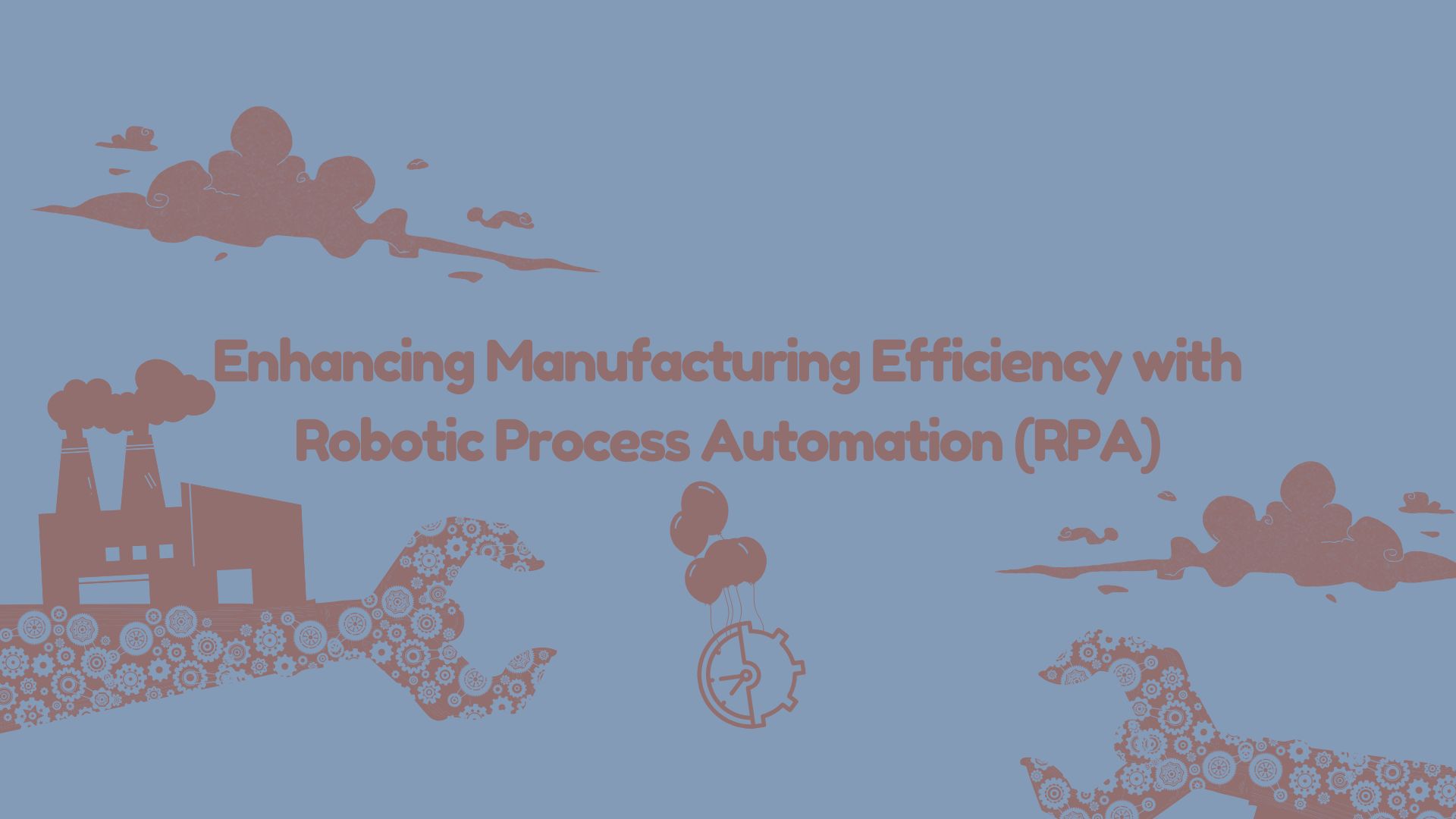Robotic Process Automation (RPA) is increasingly being adopted in the manufacturing industry to streamline operations, reduce costs, and improve productivity. By automating repetitive and mundane tasks, RPA allows human workers to focus on more complex and value-added activities.
Benefits of RPA in Manufacturing
- Increased Efficiency: RPA systems can work 24/7 without breaks, significantly increasing production rates.
- Reduced Errors: Automation reduces the risk of human error in repetitive tasks, ensuring higher quality and consistency.
- Cost Savings: By automating manual tasks, companies can reduce labor costs and reallocate human resources to more strategic roles.
- Scalability: RPA systems can easily scale up or down based on production needs, providing flexibility in operations.
- Improved Compliance: RPA can ensure that processes are followed consistently and in compliance with regulatory standards.
Applications of RPA in Manufacturing
- Assembly Line Automation: RPA robots can handle tasks such as welding, painting, and assembly with high precision and speed.
- Quality Inspection: RPA systems equipped with machine vision can inspect products for defects, ensuring consistent quality.
- Material Handling: Automated systems can move raw materials and finished products within the factory, improving workflow efficiency.
- Data Entry and Reporting: RPA can automate the collection and reporting of production data, reducing the administrative burden on employees.
- Supply Chain Management: RPA can manage inventory levels, track shipments, and ensure timely replenishment of materials.
Case Studies
- General Motors: GM uses RPA for assembly line tasks, improving production speed and reducing errors.
- Foxconn: The electronics manufacturer employs RPA for repetitive tasks in its factories, allowing for higher efficiency and lower labor costs.
- Boeing: Boeing uses RPA for quality inspection and data reporting, ensuring high standards in aircraft manufacturing.









